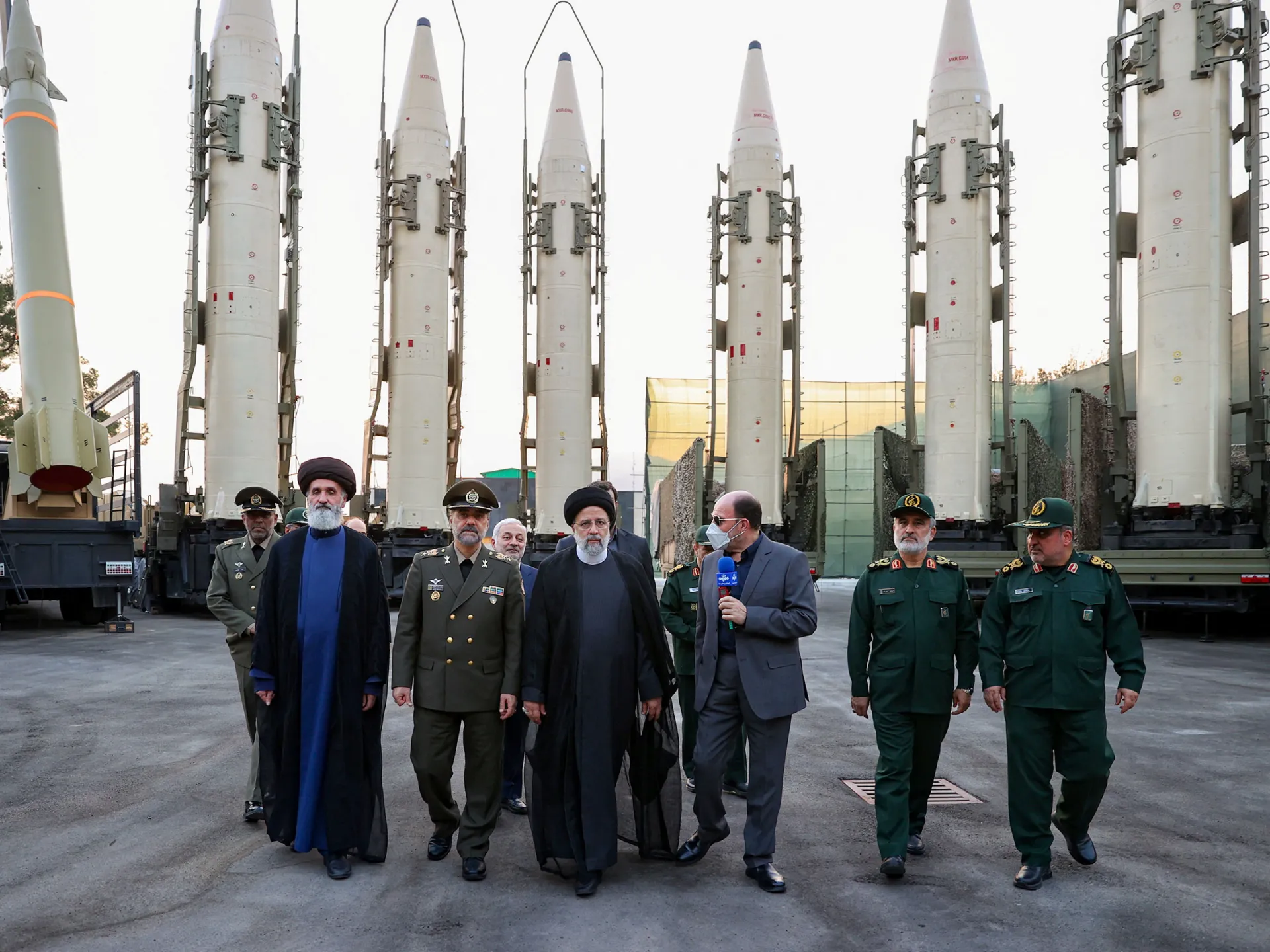In the backdrop of heightened tensions, the United States stands vigilant against looming threats of retaliation from Iran following a deadly Israeli airstrike in Syria. As Iranian forces mourn the loss of senior commanders in the strike on its embassy in Damascus, the Biden administration remains on edge, anticipating potential attacks on US bases in Iraq and Syria.
Iran’s Revolutionary Guards, reeling from the loss of key military advisors, including Mohammad Reza Zahedi, have vowed to deliver a “decisive response.” The rhetoric of revenge echoes across Tehran as demonstrators rally in solidarity, brandishing anti-Israel sentiments.
President Biden, cognizant of the escalating situation, engages in discussions with Israeli Prime Minister Benjamin Netanyahu, reinforcing commitments to safeguard American troops and interests in the region. Despite the seriousness of the threat, US officials maintain discretion regarding intelligence specifics, while acknowledging the substantial risk posed by Iran to Israel’s security.
Meanwhile, Netanyahu issues a stern warning, affirming Israel’s resolve to retaliate against any aggression. Amidst a complex web of regional conflicts, Israel confronts Iran and its proxies on multiple fronts, illustrating a defensive and offensive posture against perceived threats.
The intricacies of this geopolitical chess match extend beyond Syria, with Iran’s support of various militant groups across the Middle East stirring the pot of regional instability. Against this backdrop, the US has previously taken decisive action, striking Iranian-backed forces in Iraq and Syria earlier in the year.
As tensions continue to simmer, the specter of conflict casts a shadow over the region, underscoring the delicate balance of power and the enduring struggle for dominance in the Middle East.


